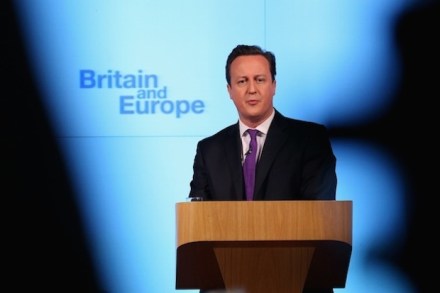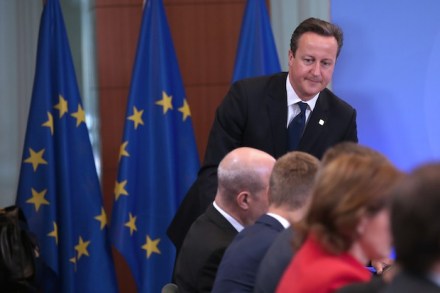Sugar added tax Sir: Julia Pickles (Letters, 14 June) suggests a sugar tax to combat the obesity epidemic and discourage food manufacturers from adding sugar to everything from bread to baked beans. A more realistic alternative might be to simply adjust the VAT rules: currently, VAT is levied on essentials such as loo paper, toothpaste and washing powder, presumably because they’re considered luxuries. Items such as breakfast cereals, however, are VAT-exempt, even though many are more than 30 per cent sugar and should really be in the confectionery aisles. Levying VAT on products with, say, more than 20 per cent added sugar and removing it from others could form a




















